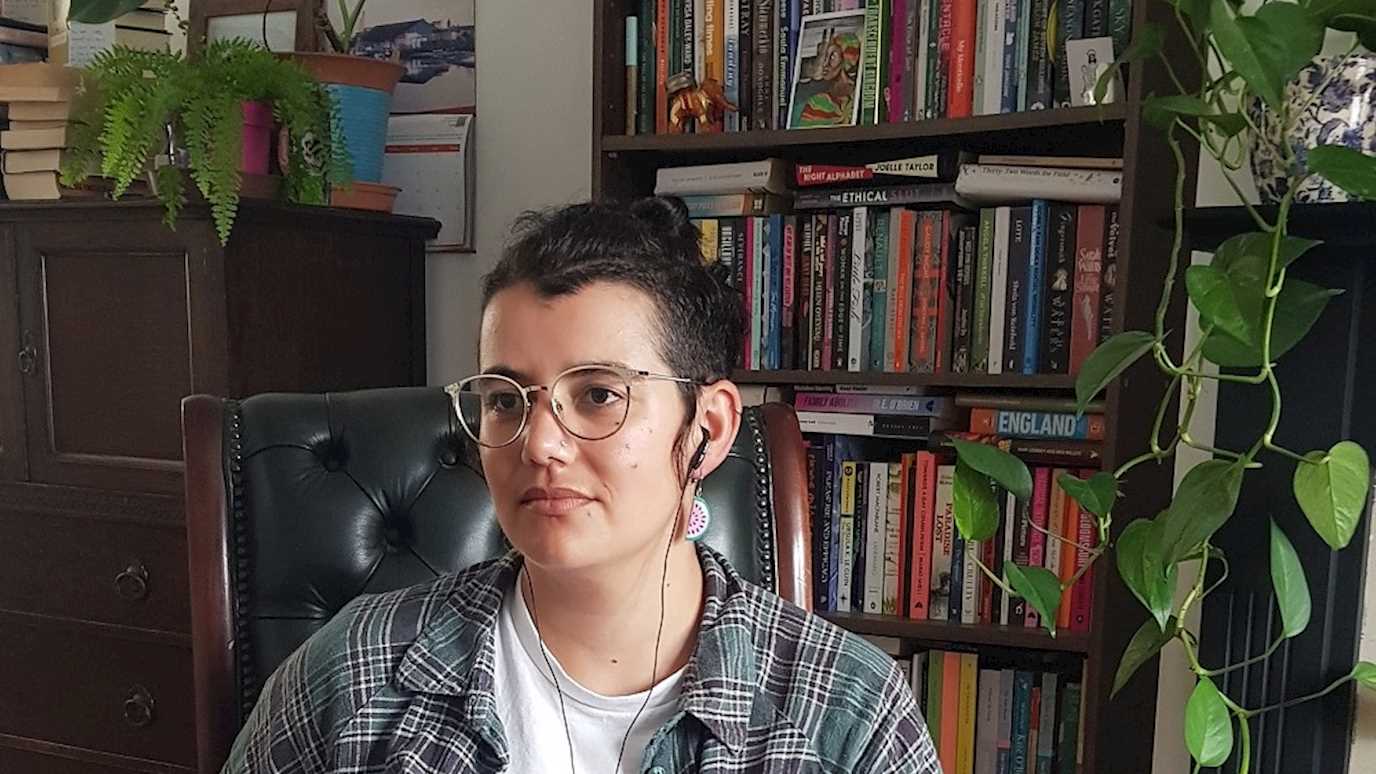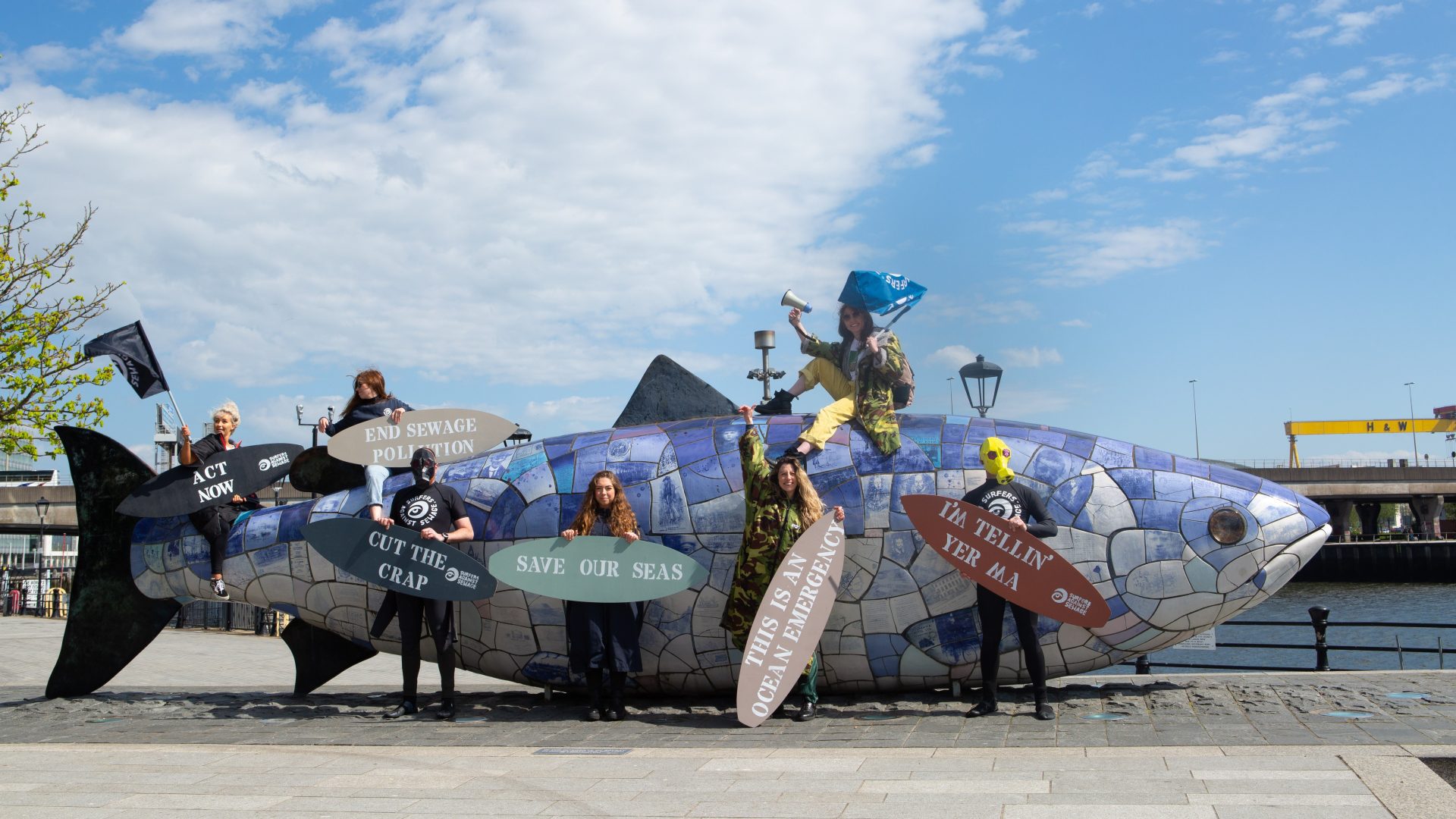The ins and outs of oral history interviewing by Chris Church
Last month the OHEM team spent three days in Kent learning how to talk to people. it was surprising how much there is to learn! We were actually being trained in how to conduct a recorded oral history for the National Life Stories (NLS) collection. NLS interviews form part of a permanent archive at the British Library where they will be freely accessible to researchers, and anyone else who is interested in our recordings with environmentalists, into the indefinite future.
Our excellent trainer, Rib Davis from the Oral History Society, stressed the need for high standards. Someone coming to listen to such an interview in a few decades time will want to hear the voice of the interviewee and be less interested in comments from the interviewer or the sound of rattling coffee cups or barking dogs. A key part of the training was about how to set up interviews to be positive and relaxed events with as little external noise as possible to detract from the interview itself. It was surprisingly challenging work, using professional recording equipment, and the training led us all to think more about how we can best conduct interviews in different circumstances.
If the structure and process of an oral history interview is one challenge, the bigger issue is the content. It's one thing to run through a set of interview questions as might happen on TV but quite a different one when you are looking for someone to talk at length about their life, their work, and in our case why and how they got involved in environmental action. A central challenge is to avoid leading questions while also inviting people to open up, to dig into their memories, and to share what made them become an activist.
We also discussed how people’s own takes on history are inevitably subjective. Some of the people we will talk to may have told their stories many times, polishing up their favourite anecdotes. Crisis points may be glossed over, or turned into ‘funny stories’. Some people will have a clear view of how their experience links into the generally accepted narrative, but others may have very divergent memories that will offer new insights. One of our goals is to offer the ‘unheard voices’ a chance to tell their story and perhaps offer a quite different history.
The training venue – the Hoppers Centre in Kent offered its own take on the work. It was for many years a seasonal hospital supporting the tens of thousands of Londoners who went down to Kent to pick hops every summer. The centre was full of reminders of a past that is fast disappearing into history. A walk around the area revealed many relics of hop farming and one of the few remaining hop farms – where mechanisation has largely replaced Eastenders. The ‘Hoppers huts’ that were home to families for a few weeks every year are still there in some places. But history is rolling on – Reeds Farm, where hops have been grown for generations, is about enter a new life as a solar power park.
The early days of the environmental movement are similarly fading into history. Our work will help ensure that key points are not forgotten and that we can better understand how and why people acted, as well as what they did. Soon the interviewing will begin; we should have a very interesting two years ahead.

Dr Saskia Papadakis and other team members visiting hop gardens in Kent

Hop pickers huts
























